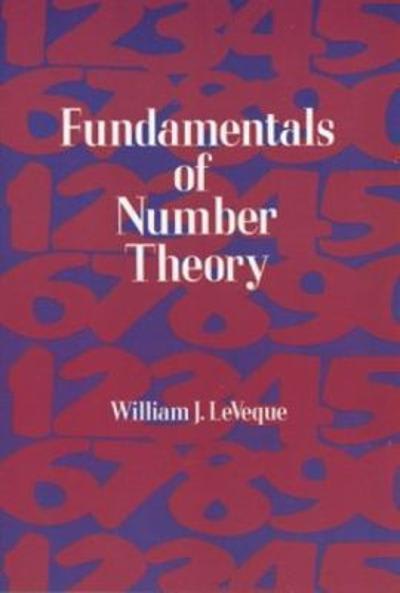Question
Assume you are a psychologist studying the relationship between chocolate consumption and happiness. You ask 10 participants to rate how much chocolate (in ounces) they
Assume you are a psychologist studying the relationship between chocolate consumption and happiness. You ask 10 participants to rate how much chocolate (in ounces) they ate in the last week, and how happy they felt throughout the week on the average, on a scale ranging from 1 (extremely unhappy) to 10 (extremely happy). You hypothesize that there is some relationship between chocolate consumption and happiness. Here are their scores:
Participant # | Chocolate eaten during week (oz) | Happiness rating |
1 | 5 | 3 |
2 | 6 | 9 |
3 | 3 | 7 |
4 | 7 | 6 |
5 | 4 | 4 |
6 | 6 | 8 |
7 | 10 | 1 |
8 | 6 | 7 |
9 | 2 | 1 |
10 | 1 | 4 |
Complete step 3 of the hypothesis testing procedure and calculate the appropriate r value using which ever formula you prefer. Round to the nearest hundredths place. If your calculated r is not identical to one of the values below, but within plus or minus 0.06 of an answer below, assume it's a rounding error and select the answer that is closest to your calculated value. Remember, do not ignore the minus sign if your calculated r is negative.
Group of answer choices
r = .060
r = .101
r = .192
r = -.002
r = -.011
Step by Step Solution
There are 3 Steps involved in it
Step: 1

Get Instant Access to Expert-Tailored Solutions
See step-by-step solutions with expert insights and AI powered tools for academic success
Step: 2

Step: 3

Ace Your Homework with AI
Get the answers you need in no time with our AI-driven, step-by-step assistance
Get Started


